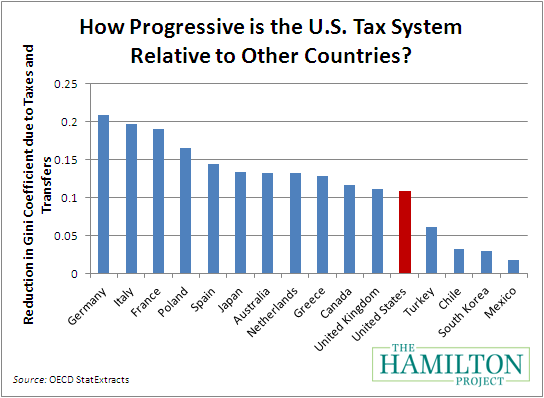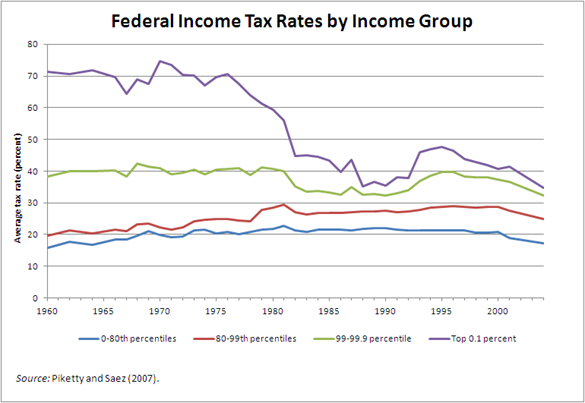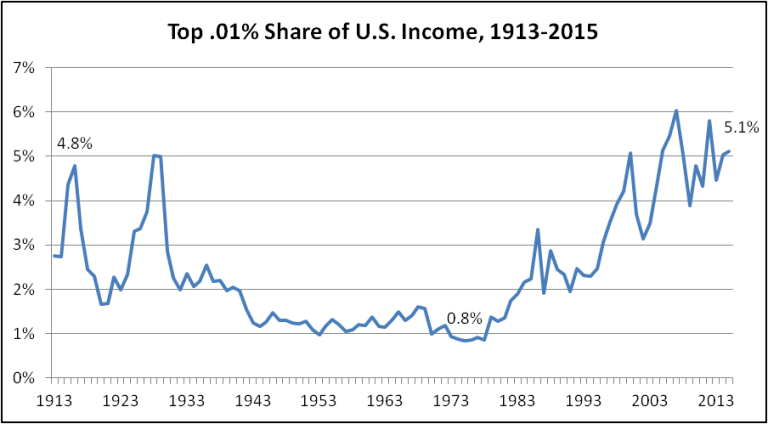jonny5
DP Veteran
- Joined
- Mar 4, 2012
- Messages
- 27,581
- Reaction score
- 4,664
- Location
- Republic of Florida
- Gender
- Male
- Political Leaning
- Libertarian
My post wasn't a "blame" post, so that's not on point.
Now then,
You can't have "conservatism" without fiscal responsibility, that's a core tenet. So, all the flavors of conservatism embrace it.
My only point is, since the GOP and conservatism, for years, were joined at the hip, the GOP, by embracing Trump, is kissing it goodbye.
Everything else you are saying is another subject I wasn't addressing.
To be fair, you didnt really make a clear point in in your OP. You just wrote a couple sarcastic lines. Furthermore, the debt isnt up 84% because of Trump, and not even because of the GOP. Its up because of decades of out of control mandatory spending:
The govt takes in 1.9 trillion in income and corporate tax, and 1.2 trillion in payroll tax.
The payroll tax covers SS and Medicare Part A outlays.
The income tax covers defense and non defense discretionary spending, with 700 bn to spare.
Then we have to pay 300bn interest on the debt racked up by decades of unfunded social spending
Then we have another trillion in mandatory spending to pay for, all of which accounts for the debt.
And most of this social spending was driven by the democrats. Medicare B, Medicaid, SCHIP, Insurance subsidies, SNAP, Unemployment, Welfare, Job training, etc.




